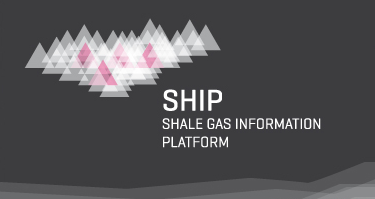Lack of transparency impacts on hydraulic fracturing research
12.12.2012
Generic
Transparency is at the heart of good scientific practice, and the disclosure of researchers’ possible conflicts of interests an important component of transparency. Lack of transparency has now led to the withdrawal of of the study released by the Energy Institute at The University of Texas at Austin in April, 2012, "Fact-Based Regulation for Environmental Protection in Shale Gas Development".
Another incident saw the closure of the recently established Shale Resources and Society Institute SRSI at SUNY Buffalo University in November, as a result of an internal investigation of the institute. This investigation was prompted by allegations of plagiarism, regarding parts of the institute´s first study, “Environmental Impacts during Marcellus Shale Gas Drilling: Causes, Impacts, and Remedies", and suspicion that the authors had undisclosed ties to industry.
In the case of the Texas University Energy Institute, it emerged in August, 2012 that the principal investigator of the Texas University Energy Institute study, Charles Groat, is a board member of an energy company that is involved in hydraulic fracturing operations. The University announced they would review the preparation process for the study, and on December 6th the University issued a statement that declared, "The University of Texas at Austin recently received, and agreed with, the findings of an independent panel of national experts that reviewed the preparation and distribution of a 2012 UT Energy Institute report on Shale Gas Development, ...". There were "failures and inadequacies in several procedural areas" identified by the review panel, however, the University emphasized that the panel "found no evidence of intentional misrepresentation" by the authors.
The review committee offered several recommendations, including suggestions that the University should strengthen its conflict of interest and disclosure policies, and that the report be disposed in its current form. The senior contributors to the individual white papers that make up the report should "be given the opportunity to redraft their papers into forms suitable for publication in peer-reviewed scientific or academic journals, or that it be made clear that the reports are indeed surveys and overviews."





